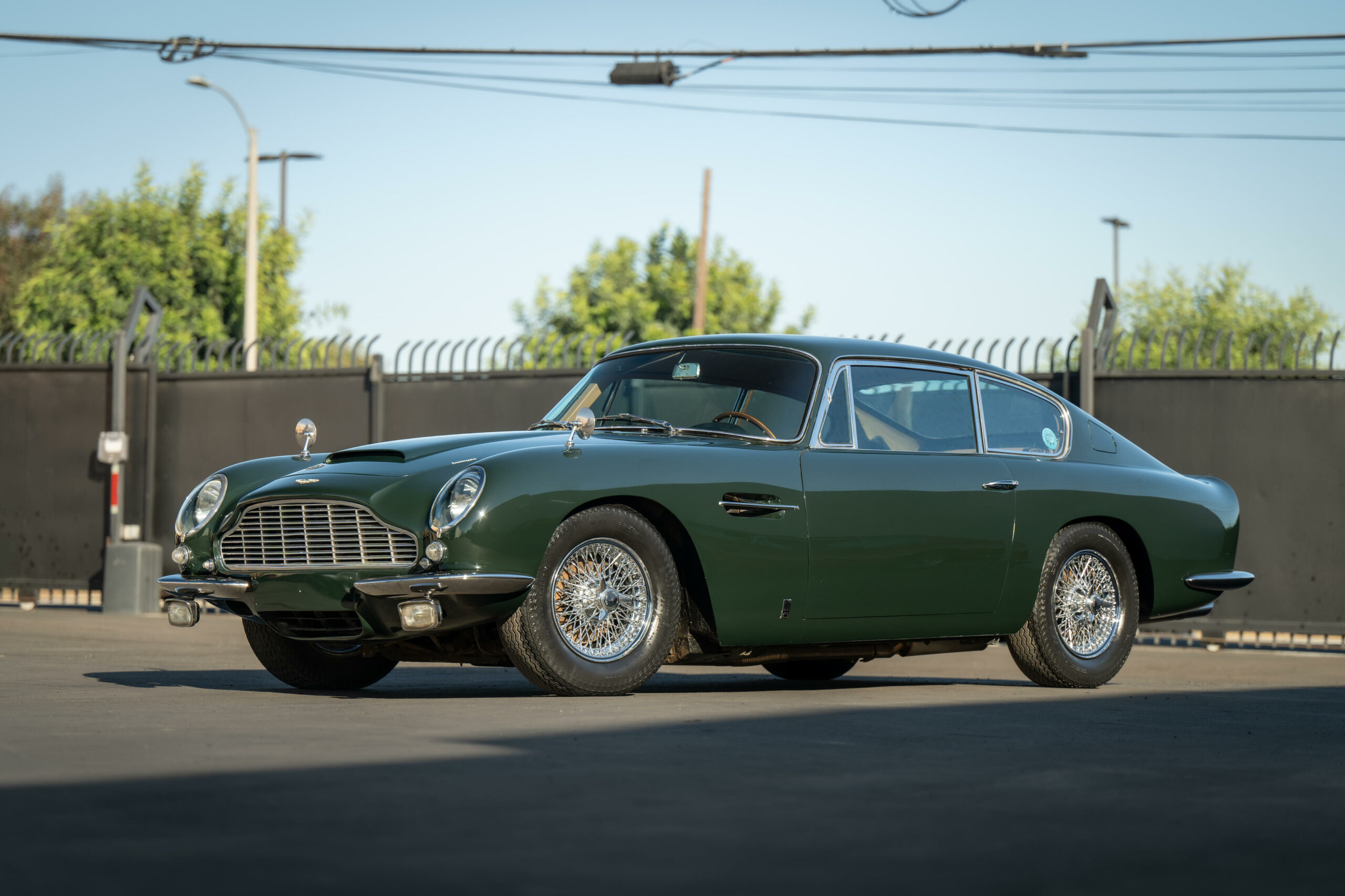Nothing found!
It looks like nothing was found here. Maybe try a search?
Categories
- 1910s
- 1920s
- 1930s
- 1940s
- 1950s
- 1960s
- 1970s
- 1980s
- 1990s
- 2000s
- AMC
- Aston Martin
- Autobianchi
- Bentley
- BMW
- Bristol
- Buick
- Cadillac
- Chevy
- Chrysler
- Citroen
- Classic Cars
- Classic Hot Rods
- Classic Muscle Cars
- Classic Sports Cars
- Cunningham
- Davis
- Duesenberg
- Edsel
- Facel Vega
- Ferrari
- Fiat
- Ford
- Ghia
- Hillman
- Hudson
- Jaguar
- Kaiser
- Lamborghini
- Luxury Car
- Maserati
- Mercedes-Benz
- Moretti
- Packard
- Panhard
- Plymouth
- Porsche
- Reliant
- Rolls-Royce
- Studebaker
- Toyota
- Uncategorized
- Vespa
- Volvo
- Wolseley
The history of Volkswagen, often abbreviated as VW, is a remarkable story of German engineering, innovation, and the development of one of the world’s most iconic automobile manufacturers. Founded in 1937, Volkswagen has played a significant role in shaping the global automotive landscape.
Volkswagen’s origins can be traced back to a vision by the German Labour Front, a Nazi-era organization led by Ferdinand Porsche, to create a “people’s car” (Volkswagen in German) that would be affordable and accessible to the masses. This vision led to the development of the Volkswagen Beetle, also known as the Type 1, which became one of the most recognizable and beloved cars in automotive history.
The Volkswagen Beetle, with its distinctive round shape and rear-mounted engine, was introduced in the late 1930s and quickly gained popularity in Germany and beyond. It became a symbol of economic mobility and a cultural icon during the post-war period.
Following World War II, Volkswagen’s factory in Wolfsburg, Germany, was taken over by the British Army. However, under the leadership of British Army officer Major Ivan Hirst, production of the Beetle resumed, and the car began to be exported to various countries, including the United States.
In the 1950s and 1960s, the Volkswagen Beetle continued to gain traction in international markets and became a symbol of the counterculture movement in the United States. Its simple, reliable design and affordability endeared it to millions of drivers.
Volkswagen expanded its product lineup in the post-war years, introducing the Volkswagen Microbus (Type 2) in 1950, which became an iconic vehicle associated with the “hippie” culture of the 1960s.
In the 1970s, Volkswagen introduced the Volkswagen Golf (Rabbit in the United States), a compact and practical hatchback that went on to become one of the best-selling cars of all time.
Throughout its history, Volkswagen has also produced a wide range of other models, including the Volkswagen Passat, Volkswagen Jetta, and Volkswagen Polo, establishing itself as a global automaker with a diverse product portfolio.
In recent years, Volkswagen has embraced electric mobility with the introduction of the Volkswagen ID. series, which includes electric vehicles like the Volkswagen ID.3 and ID.4. The company has committed to a sustainable future and is investing heavily in electric vehicle technology.
Volkswagen’s logo, featuring the brand’s initials encircled by a prominent silver circle, reflects its reputation for quality and reliability. Despite challenges and controversies, Volkswagen remains a dominant force in the automotive industry, known for its commitment to engineering excellence and its enduring legacy as the manufacturer of the beloved “Bug” and a wide range of vehicles that have shaped automotive history.




